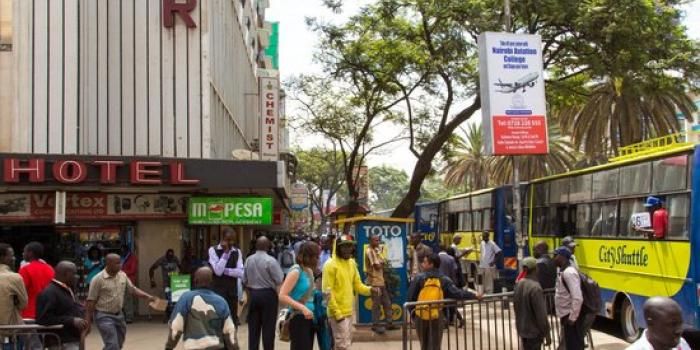A new survey has shown that 71{d59e984f9fbc5c09e4ab0305e27bfa5819922b7230cd324f89a660f78358ca33} of Kenyans believe some politicians have benefited in terms of political power and/or financial gains from the Covid-19 crisis, while only 17{d59e984f9fbc5c09e4ab0305e27bfa5819922b7230cd324f89a660f78358ca33} think this is not the case.
The survey conducted by TIFA Research also indicates that 76{d59e984f9fbc5c09e4ab0305e27bfa5819922b7230cd324f89a660f78358ca33} of respondents stated they have “no confidence at all” that those involved in corruption related to the Covid-19 crisis will be held to account through successful prosecution, while only 13{d59e984f9fbc5c09e4ab0305e27bfa5819922b7230cd324f89a660f78358ca33} say they have “a great deal” or “some” confidence that such people will be held to account.
TIFA Research Company on Tuesday released findings of the third Round survey of Nairobi Low-Income Areas of various aspects of the Covid-19 pandemic.
The study sought to measure the level of awareness and attitudes towards corruption associated with efforts to combat the Covid-19, as well as ratings of several areas of Government performance with regard to such efforts.
The TIFA survey revealed that 64{d59e984f9fbc5c09e4ab0305e27bfa5819922b7230cd324f89a660f78358ca33} of Kenyans have heard of at least one scandal related to Government efforts to combat the Covid-19 virus. 47{d59e984f9fbc5c09e4ab0305e27bfa5819922b7230cd324f89a660f78358ca33} of those 64{d59e984f9fbc5c09e4ab0305e27bfa5819922b7230cd324f89a660f78358ca33} mentioned KEMSA as a government entity where such corruption has occurred.
According to the research, 45{d59e984f9fbc5c09e4ab0305e27bfa5819922b7230cd324f89a660f78358ca33} of respondents indicated that they obtain the most trustworty information about the Covid-19 crisis from TV, while another 20{d59e984f9fbc5c09e4ab0305e27bfa5819922b7230cd324f89a660f78358ca33} said they obtain it via radio yet 7{d59e984f9fbc5c09e4ab0305e27bfa5819922b7230cd324f89a660f78358ca33} reported that there is no source of such information that they trust.
The study also found out that the measures taken in Kenya to contain Covid-19 have affected households in many ways, including job loss, loss of remittances, higher commodity prices, heightened insecurity, and disruption to health care services and education.
The report notes that while these impacts have affected most households across the country, they appear to be more profound and longer-lasting amongst low income-earners in more congested urban areas who are inherently more vulnerable.
The survey which was conducted from September 24 to October 2, 2020, saw 555 respondents participate through phone interviews.
The survey comes ahead of the commemoration of the world ‘Anti-Corruption Day’,tomorrow, December 9. According to Thomas Wolf, a research consultant at TIFA, this is a fitting time to release these findings .
